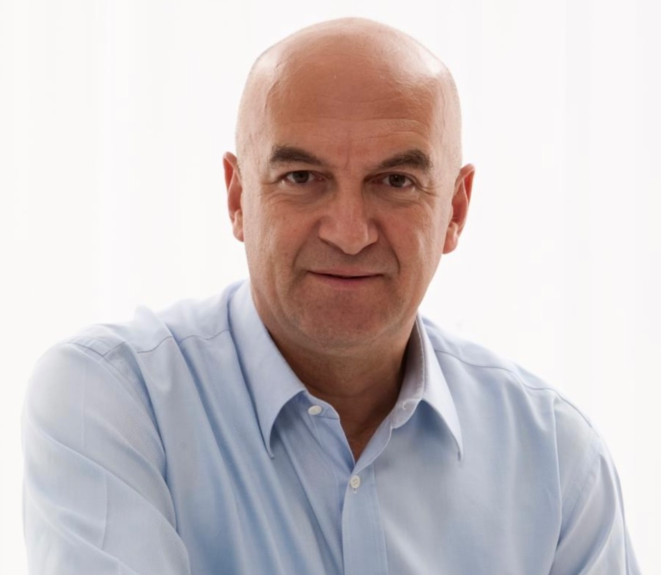So, now they are 32. On Thursday, March 7, Sweden was able to join NATO, following the 31st member, Finland. Hungary, as the last member of NATO, had “caved in” and said yes. It has taken nearly two years to complete the process, another example of geopolitical torment that help explain how complicated things have become in today’s global disorder.
Much was doomed go wrong from the very outset on July 22, 2022, in the NATO summit, which an overoptimistic Jens Stoltenberg, the secretary general of the alliance, declared as a slam dunk.
His predictions proved to be marked by a typical Nordic naivete. In the months preceding the meeting, President Erdoğan of Turkey, had one one of his usual twists, and had decided to block Sweden’s entry to the alliance. He had a series of conditions, accompanied with a series of accusations, he expected Stockholm to fulfill: lifting of arms embargo, termination of Sweden’s support for the Kurdish PYD/YPG in Syria, banning of the PKK demonstrations on Swedish soil and extradition of what he called terrorists —Kurds and Gülenists—whose numbers kept changing as he spoke.
Things have become even more complicated when the rattled Stoltenberg persuaded the Swedish and Finnish officials to go along with —without thinking the pros and cons of it— a trilateral protocol with Turkey. It was an erratic move: the text contained some vague formulations which gave Ankara an upper hand to —at times— play Stockholm like a violin, as the tensions in Sweden escalated with Quran burnings and pro-Kurdish, anti-NATO demonstrations. In hindsight, the trilateral protocol —which Ankara hoped would bend the solid Swedish rule of law— only served to delay the process; at worst it could not have taken longer time than this, even if Sweden refused to sign it.
Nevertheless, despite some moral damage to its reputation as a true democracy, Sweden, where the Russophobia is profoundly carved in its national genetics, can now breathe a sign of relief —except those who lament the burial of its traditional policy of neutrality that has spanned more than two centuries.
President Biden was joyous about the closure. In his State of the Union address, which coincided with the finalization of the Swedish accession to NATO, he declared that the alliance was now much stronger.
But, is it? The cases with Turkey and Hungary, whose leaders are keen to have it their way, seeking strategic autonomy, show deep cracks within, and vulnerabilities, marred with mistrust.
When the airplane carrying Kristersson and his delegation landed in Dulles Airport on Wednesday, March 6, it was still in the unclear whether or not Hungary had handed in the necessary papers to the U.S.A, so that the signature ceremony would take place. The journey across the Atlantic was nervous as reported by the Swedish daily, Svenska Dagbladet.
Minutes after their arrival, another plane landed, marked Hungarian Air Force. Out came Victor Orban, Prime Minister of Hungary. Uninvited by anyone at all in the Biden Administration, he was on his way to meet Biden’s rival, Donald Trump, on Mar-a-Lago, in Florida.
In a bizarre spectacle, motorcades of two prime ministers followed each other into Washington DC, marking a division in disarrayed international politics; a picture totally unthinkable a decade ago.
Biden was barely hiding his fury about his meeting with Trump. “You know who he’s meeting with, down in Mar-a-Lago?” Biden said. “Orbán of Hungary, who stated flatly he doesn’t think democracy works and is looking for dictatorship!”
Orban’s meeting with Trump exposed how wide open to speculation NATO’s future is. The former apparently appreciated Trump’s recent statement that he would encourage Russia to do “whatever the hell they want” to any NATO member country that doesn’t meet spending guidelines on defense. “Make America great again, Mr. President!” wrote Orban in a post after his talks with Trump.
His sudden visit follows a series of statements, laying out his hopes that the elections for the European Parliament in June will also end in deep conservatives, far-right parties and xenophobic forces sweeping a big victory — a fertile ground for Orban to increase his influence within the EU.
“As a kind of foreign policy gambler, Orbán has staked everything on the collapse of this (current) order and is betting that if he commits himself in advance to the rising powers of the east, he will be able to secure a more favourable position” Peter Buda, a former counter-intelligence officer told the Guardian. “One cannot be wrong to assume that Orbán is ultimately lobbying the US on foreign policy in favour of Russia”.
So, we are faced with the bitter truth, once more, but a more dramatic one: Also the future of Europe will be voted for by the Americans.
So much is hung on by a thread.



